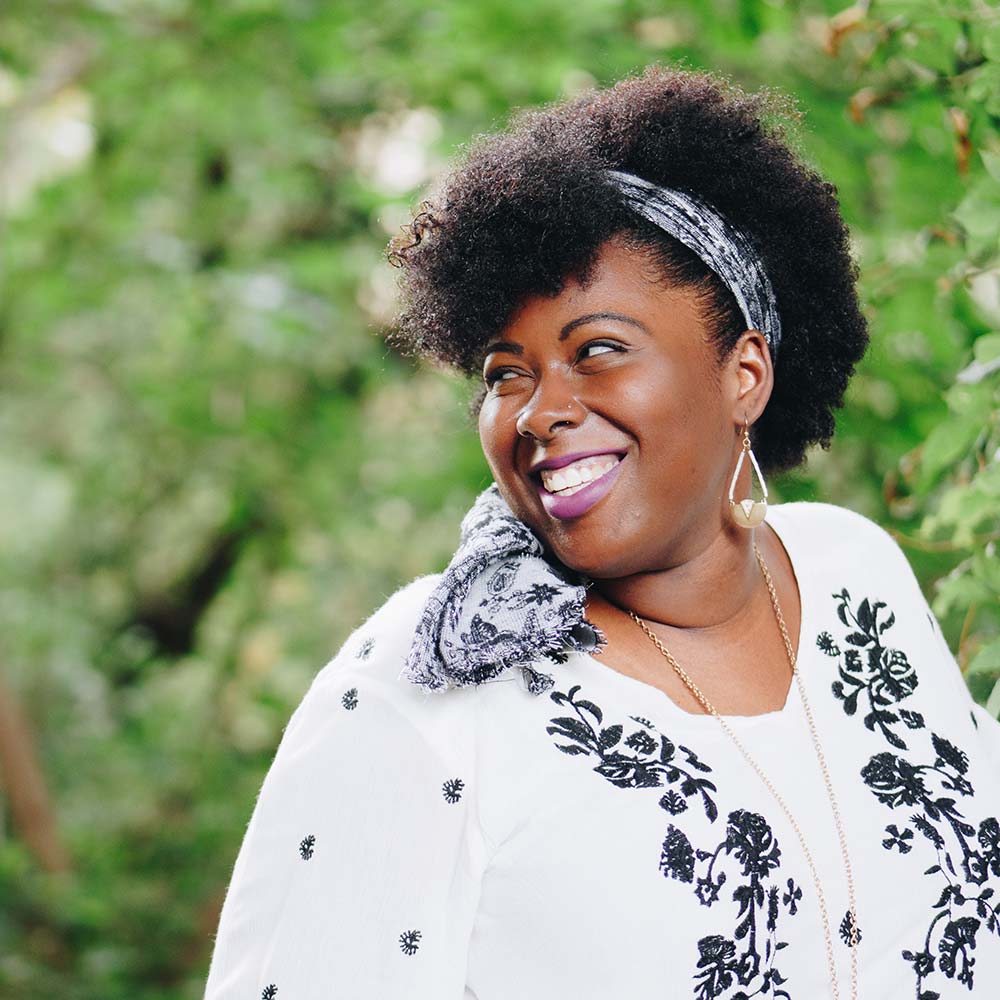Dr. Tom Ellison and Project H.E.L.P. work to rebuild trust within the healthcare system for the Black community in Birmingham
Decades of neglect, degradation, and exploitation by the healthcare system have imprinted a deep scar in the collective memory of the Black community, creating barriers for present-day vaccination efforts. The COVID-19 pandemic, which has disproportionately affected the Black community, has exacerbated that longstanding mistrust.
Project H.E.L.P. in Birmingham has worked to mend the relationship between the Black community and the healthcare system by having honest discourse with individuals and by employing trusted messengers to educate the community about the safety of COVID-19 vaccines.
Through its partnership with Made to Save, Project H.E.L.P. has been able to broaden its efforts to help promote health equity for the Black community in Birmingham, Alabama. Dr. Tom Ellison, the Medical Service Director at Project H.E.L.P., has dedicated his medical career to ensure that Black people are valued and has worked to rectify the troubling history of the healthcare system. He sat down for an interview with Made to Save to discuss the distrust many Black people have in the healthcare system.
Q: Can you describe your experiences with the healthcare system when you were growing up and the type of distrust of the healthcare system that existed within the Black community?
Dr. Ellison: It was inherent. I’m from Birmingham, so we had a lot of distrust with the healthcare system, and they really wanted nothing to do with us. I had several incidents as a child when I was hurt and I couldn’t get any assistance from any of the hospitals. So there’s been a long distrust. People always try to blame it on the Tuskegee Experiment, which was very profound, but it was also the indifference that you were treated with when you presented yourself for services or care.
Q: What do you think the healthcare system needs to do in order to rebuild that trust?
Dr. Ellison: First of all, we need to make healthcare more inclusive and about the people that they continue to serve. Those people need to be in on the planning, the implementation process, and the delivery process. And not just as figureheads, two or three people sitting around a table, having input without any authority. It should be done with the consent of neighborhoods, which they tend to consider high risk. And without that, they wind up being in foreign places that people don’t want to go to and have no faith, no trust, no belief in.
Q: Why has your organization, PROJECT HELP, placed a focus on vaccine outreach work?
Dr. Ellison: I think COVID highlighted disparities and inequities that have always existed. We have people waiting, eager, as long as they can hear from someone who they trust and have a relationship with, had a rapport with, and knew who they were.
Q: What has been the impact of your vaccine outreach work within the Black community?
Dr. Ellison: In the Black, Brown, and even rural White communities, it has been fantastic because we understand the cultural differences. We understand that we have to go into and be respectful of people’s morals and beliefs. We must try to provide people with education and information that will make them choose to take the vaccine, and not tell them that they’re ignorant or aren’t intelligent, or they’re on one side of the political spectrum or another. Some had valid concerns and issues and once you address those, they see that you’re really there not to belittle, but to actually help them. Especially when you point out that it’s for their children. We had a lot of people who did not want to take it for themselves but did not want any harm to come to their children.
Q: Why do you think doing this particular work is so crucial?
Dr. Ellison: Because without actually reaching the people who are truly in need, we’re not going to get a handle on this pandemic. You have to get with the people, let them know the importance of [the vaccines] and continue your work and not expect your words to be magic to get them to do something as soon as you see them. You need to demonstrate your commitment to them to show that you care for them, their families, their children, and their community.
